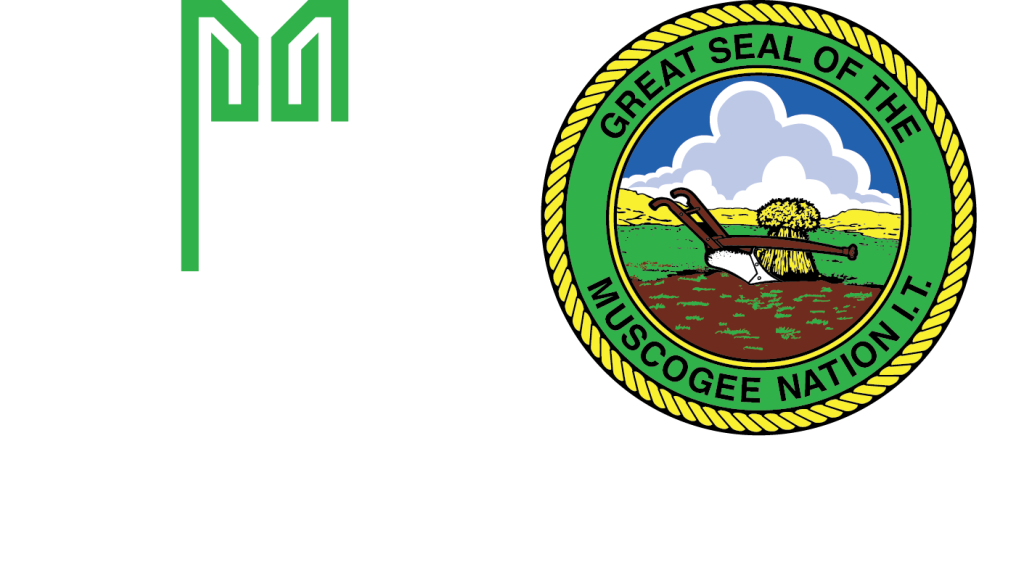The Muscogee (Creek) Nation Lighthorse Tribal Department is comprised of 108 employees.
It is the mission of the Muscogee (Creek) Nation Lighthorse Tribal Police Department Communications Division to safeguard the lives and property of the people we serve,to reduce the incidence of fear and crime, and to enhance public safety while working with the communities within the Muscogee (Creek) Nation to improve their quality of life. Our mandate is to do so with honor and integrity, while at all times conducting ourselves with the highest ethical standards to maintain public confidence.
In carrying out our mission, we recognize that service is our one and only product and we share a common, ongoing goal to provide it at the most superior and professional level possible. We also recognize that our strength and success is tied directly to the individual and unique contributions of each of us working in a spirit of cooperation and teamwork with our public safety associates both within and outside the center.
The Muscogee (Creek) Nation Police Department maintains records on businesses located on the Tribal Complex. The purpose of these records is to provide emergency personnel with contact information in case of an emergency (i.e. burglary, fire, open door) at the business after hours. This information is kept confidential and secure in our Computer Aided Dispatch (CAD) system. To update your information please email the MCNLH at: lighthorse@muscogeenation.com
OUR HISTORY
The Lighthorsemen served as the tribal police force in the Creek Nation. The Creek Nation was composed of 6 disctricts: Muskogee, Coweta, Arkansas (Eufaula), Deep Fork, North Fork (Okmulgee), and Wewoka. By law, each of the six Creek districts was provided one company of Lighthorsemen. Each company consisted of one captain and four privates who served for two years. The Lighthorsemen carried out the laws of the Creek Nation and orders of the district judges.
The Lighthorsemen had the power to arrest any unruly citizens, collect fines and taxes, act as bailiffs during court, and served all summons to the courts. The fines were turned over to the National Treasury. If someone lacked the money to pay any fines, the Lighthorsemen had the power to sell property of the individual to cover the fines.
With the passage of the Curtis Act and growing reach of the Federal Court in Ft. Smith and the U.S. District for Indian Territory in Muskogee, the Federal government ended the Light Horse police in the late 1800s. Today, the Muscogee Nation still uses the Lighthorse name for its police force.


